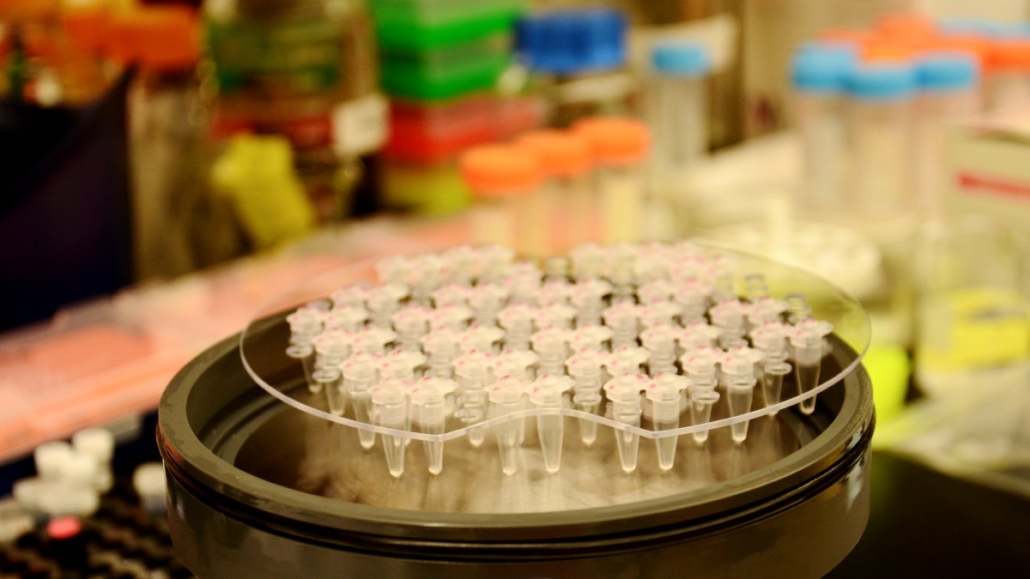The blood test developed by an interdisciplinary team accurately diagnosed a total of 32 patients with the form of prion disease. The approach successfully detected abnormal prion proteins in the blood of two presymptomatic donors before they exhibited any signs of the disease, paving the way to a noninvasive, early diagnostic screen for prion disease and possibly other conditions involving protein misfolding.
Prion diseases are a group of fatal, neurodegenerative disorders caused by infectious prions – deformed proteins that form toxic clumps and damage the brain. Variant Creutzfeldt-Jakob disease (vCJD) is a type of prion disease that stems from eating meat infected with bovine spongiform encephalopathy, also known as mad cow disease. Once infected, a patient may not show symptoms for years or even decades. The only way to definitively diagnose the disease is by postmortem examination of the brain.
It is estimated that in the UK, one in 2,000 people are asymptomatic, or silent carriers of the disease. They can potentially transmit the disease through blood transfusion, posing a critical public health problem for blood banks. To tackle this issue, the researchers led by Luis Concha-Marambio at the University of Texas and Universidad de los Andes in Santiago, Chile, developed a blood test using an amplification technology to detect abnormal prion proteins in blood from 14 individuals with vCJD and 153 controls.
Two European research institutes were involved: IRCCS Foundation Carlo Besta Neurological Institut in Milan, Italy and the University of Edinburgh in Edinburgh, UK.
Another group of scientists headed by Daisy Bougard tested a similar technique on blood samples from 18 individuals with and 238 without vCJD. Unlike other blood tests in development, which have demonstrated about 70% sensitivity and fall short of the 90% required by the European Commission Directive, the assay used in both studies diagnosed the disease with 100% sensitivity and 100% specificity. Furthermore, Bougard and colleagues were able to detect small amounts of prions in two blood donors more than a year before the onset of symptoms. The researchers say that their diagnostic screen’s promising results will need to be confirmed in a larger number of blood samples.




 adobe.stock.com - ipopba
adobe.stock.com - ipopba BioDlink
BioDlink